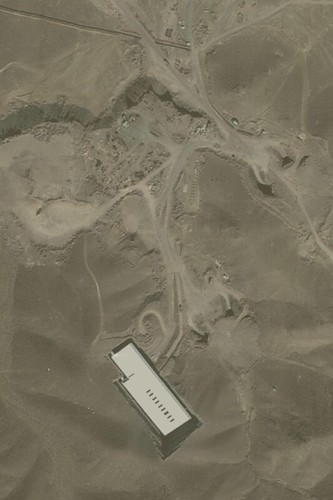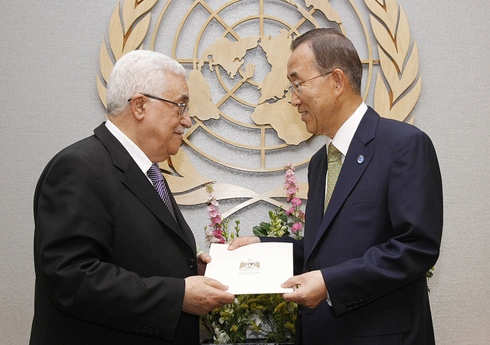
Not surprisingly, Binyamin Netanyahu’s Likud-Beiteynu coalition won a plurality of seats for the 19th Knesset in last week’s Israeli election. However, while his victory may have seemed certain, his post-election position is much weaker than some of the pre-election opinion polls had predicted and his struggle to form a government of his choice may have only just begun. A quick glance at the new electoral map shows that even with their projected 12-seat lead over the next largest party, forming a government with only right-wing parties (without the religious Orthodox) would leave Likud-Beiteynu short of the 60 seats needed for a Knesset majority. Representing the right-wing political establishment, Netanyahu has to reach out to one of the remaining three traditional Israeli political blocks; the ultra-Orthodox, the center-left and the Israeli Arab. Since no Israeli government is considered “legitimate” unless it has a Jewish majority, only the ultra-Orthodox and the center-left blocks are likely to be considered.
Netanyahu’s choices all mean different things in terms of the direction the prime minister could take Israel in the coming years. On the one hand, only the prime minister can tell us which issues he deems to be national priorities. Although we have a vague idea about Netanyahu’s Iran policies and his pro-settlement sentiments, it will really be his choice of coalition partners that will determine which national and international issues will make it to the top of the next Israeli government’s agenda. While the Iranian nuclear issue will surely continue to be a priority regardless of what shape the coalition takes, other issues—including the question of Israeli-Palestinian peace talks—may not be considered a priority at all.




